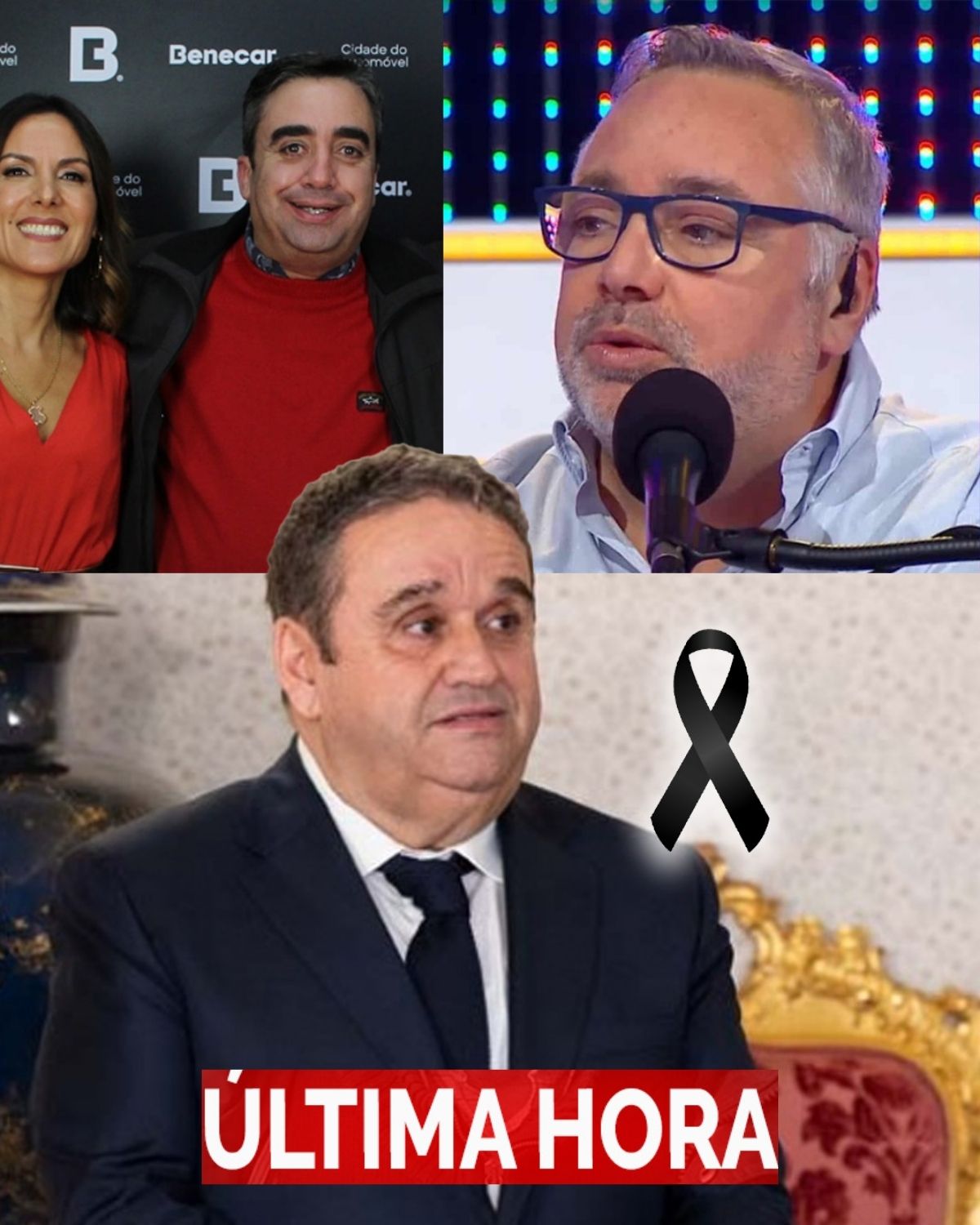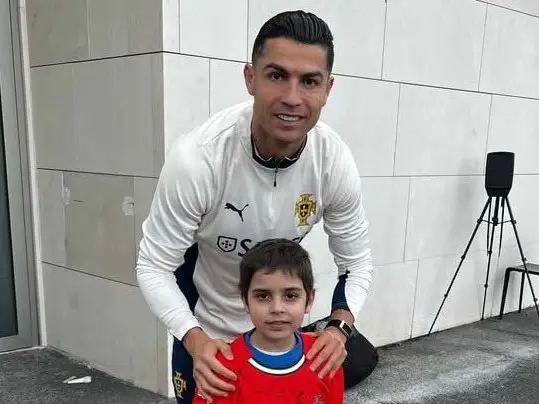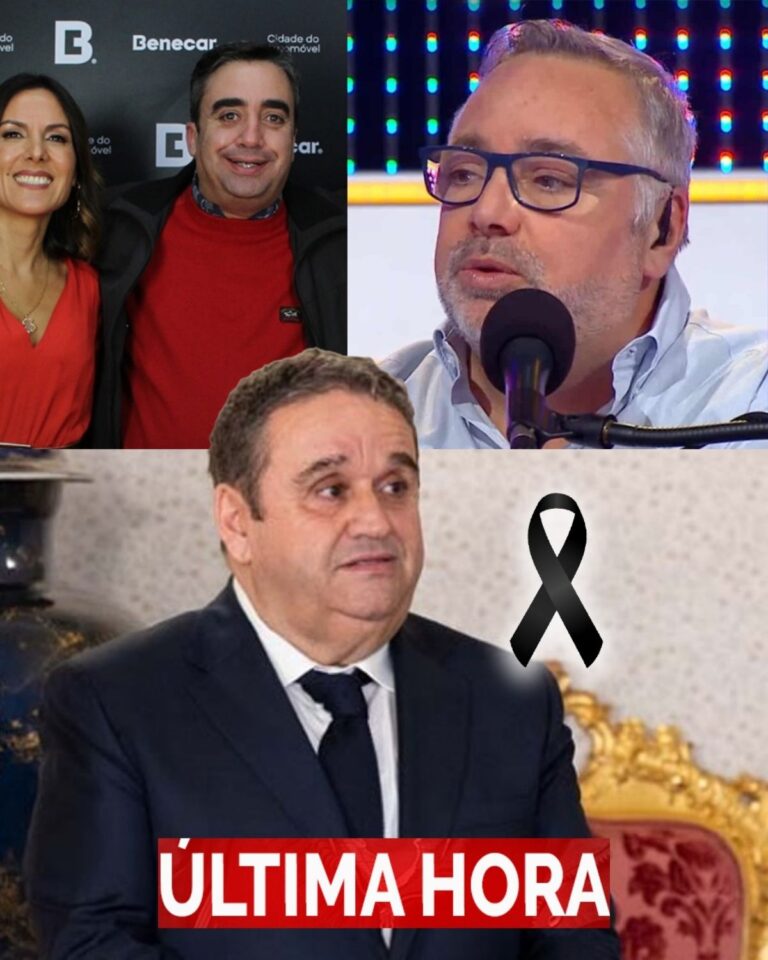In a revelation that has stunned fans across generations, Julian Lennon, now 62, has finally broken his silence on the decades-long emotional storm that defined his life as the son of John Lennon. In a raw and unfiltered confession, he admitted, “I utterly hated her,”—a direct and shocking reference to Yoko Ono, the woman who became both the center of his father’s world and the source of his deepest pain.

For years, the public saw Julian as the soft-spoken heir to a musical dynasty. But behind that calm exterior lay a lifetime of heartbreak, resentment, and betrayal—the untold story of a boy left in the shadows of one of history’s most worshipped figures. “Everyone adored John Lennon,” Julian revealed, “but few people saw the destruction his choices left behind.”
When John Lennon walked out on his first wife Cynthia and their young son, Julian was only five years old. Overnight, the child of a Beatle became an outsider to his own father’s life. “He left, and everything changed,” Julian once said. “We were suddenly ghosts in his world.” While John and Yoko built their avant-garde empire of peace, Julian and Cynthia were left behind, struggling to survive in near obscurity.
The bitterness festered for years. When John was murdered in 1980, Julian was just 17—and with his father’s death, any chance of reconciliation vanished forever. The heartbreak only deepened when John’s will was read: his vast fortune and legacy were left almost entirely to Yoko and Sean, his son from his second marriage. Julian was left with next to nothing. “It wasn’t about money,” he later explained. “It was about acknowledgment. About not being erased.”
For decades, Julian kept his silence, but the pain was always there—hidden beneath his polite demeanor and artistic smile. The battle for his father’s estate turned public, casting him as a bitter heir, when in reality, he was simply fighting to be recognized as John Lennon’s son. He described it as “a second abandonment,” this time from the very legacy that should have embraced him.
His hatred for Yoko, he now admits, was born not of jealousy, but of betrayal. “I felt she’d taken everything—my father, my place, my peace,” Julian confessed. “She had him in life, and she had him in death. I had nothing.” But in recent years, that searing anger has slowly transformed. Through his growing bond with Sean Lennon, his half-brother, Julian found a way to soften the edges of his pain. “Sean and I realized we were both children in this,” he said. “We both lost our father, just in different ways.”
The two sons of John Lennon, once divided by circumstance, have quietly rebuilt a relationship founded on empathy and shared wounds. It is, Julian admits, the kind of healing his father never lived to see.
Now, as he looks back, Julian speaks not with rage, but with hard-earned clarity. His confession—“I utterly hated her”—isn’t a declaration of lasting hatred, but an admission of how deep his grief once ran. “I’ve learned to let go,” he says. “You can’t heal by pretending it didn’t hurt. You have to face it.”

Julian’s journey has been one of survival—through the shadows of fame, through loss, through the crushing weight of a name that defined an era. He has carved his own path as a musician, photographer, and humanitarian, turning his pain into purpose. “My father taught the world to imagine peace,” Julian reflects, “but I had to find my own version of it.”
Today, that peace seems closer than ever. Julian continues to honor his father’s memory, not through imitation, but through truth—the raw, imperfect kind that John Lennon himself once championed. “It took me a lifetime,” Julian says softly, “but I’ve finally stopped trying to live in his shadow. I’m just living.”
Julian Lennon’s confession isn’t just the story of anger—it’s the story of release. A son reclaiming his voice, a man finally free to say what the world never wanted to hear.






